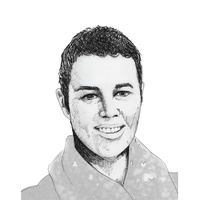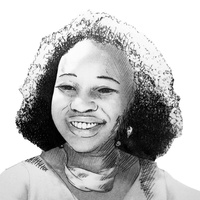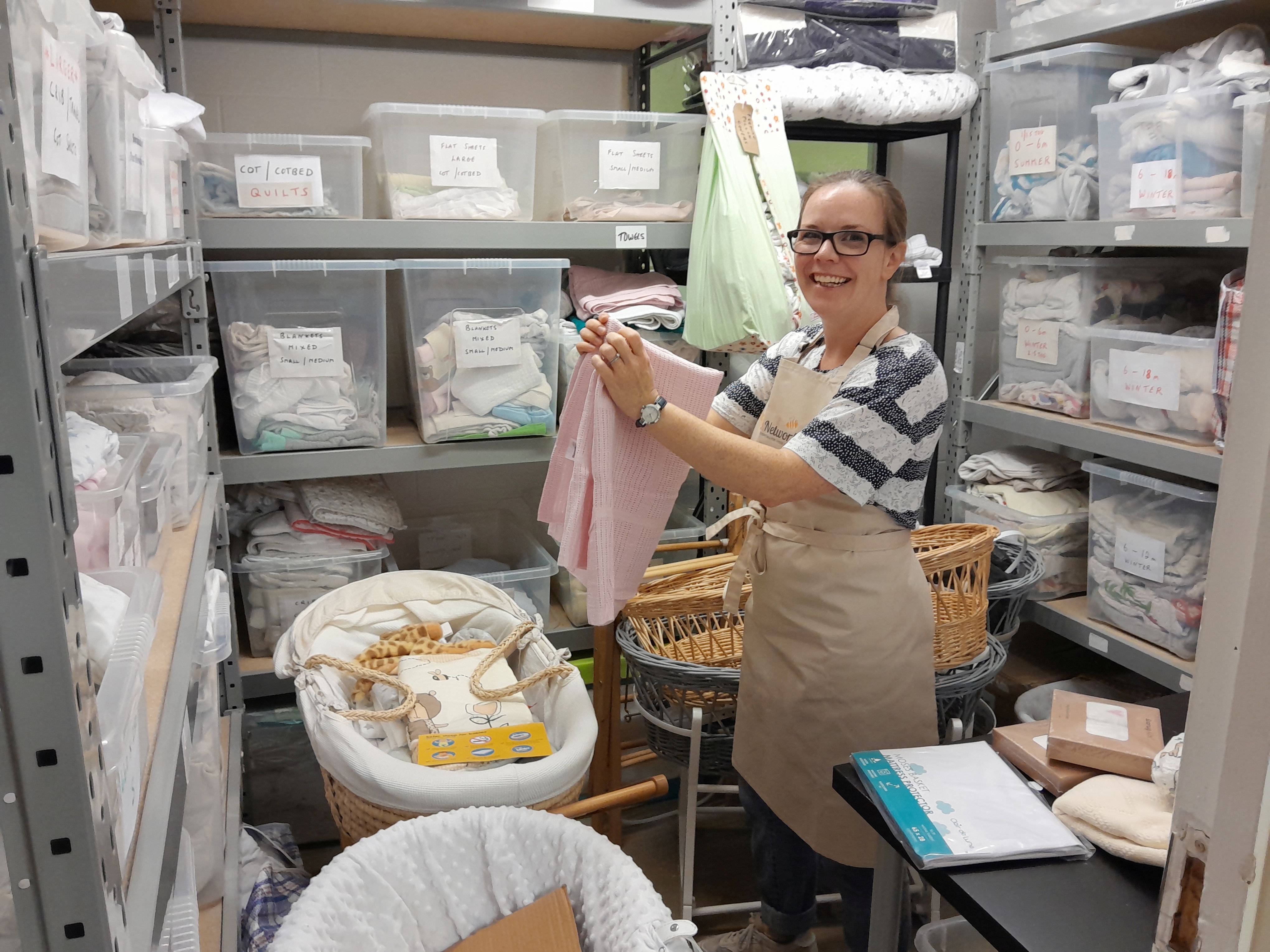Access strengthens governance with trustee and investment committee appointments
Access strengthens governance with trustee and investment committee appointments


VOSCUR is the support and development agency for Bristol’s voluntary, community and social enterprise (VCSE) sector. It works with grassroots groups across the city, particularly in deprived areas, helping them build skills, confidence and resilience.
Sarah Martin, Enterprise Manager at VOSCUR, led on delivering support directly to local organisations as part of the Local Access programme. Partnerships Manager Sheika Johnston coordinated the collaboration between VOSCUR and its delivery partners across the city. For both of them, Access funding was a turning point.
“We were already doing a lot of work with the VCSE sector in Bristol, but better served the voluntary, community and charity side of our work than the social enterprise side,” Sarah explains. “The funding from Access meant we could actually fulfil our whole purpose as VCSE - doing all the letters, rather than just some of them.”
VOSCUR coordinated the Local Access programme in Bristol alongside other delivery partners, offering tailored support for the community such as consultancy, training, peer networking and routes into social investment.
“The flexibility of the programme allowed organisations to be more empowered,” Sarah says. “They can choose: do we want to scale quickly and take a loan? Do we want to scale kind of organically? We’ve not sought to push any particular way of growing or sustaining - just what works for them.”
Local leadership and responding to community needs was essential, Sheika says: “We couldn’t have had the response we’ve had if the funding had to be spent in a very restricted way. A uniform national initiative with parameters where one size fits all just doesn’t work. We have visibility of what is happening in the city and everyone’s needs are different in different areas. What’s happening in Bristol is definitely not what even Bath next door is experiencing.”
“We saw the impact this had on the local sector,” says Sarah.“Even organisations like charities that wouldn’t typically have seen themselves as social enterprises came in through this programme. They’ve started trading or enhanced their trading. They’re less grant dependent, which is a really big win.”
“There are lots of examples of how well this has worked. One is The MAZI Project who are trying to create a city where everyone has access to fresh and sustainable food,” Sarah explains. “They sell a food box curated by chefs to people who can afford it and the money helps support the food boxes they make for those in need. In the time we’ve worked with them, they’ve moved to bigger and better premises and her growth journey would have been far slower without our programme.”
Sarah also highlights the Baby Bank Network. “They’ve recently moved to a warehouse so they can serve thousands of families with donated baby goods,” she says. “With our advice and support they also tried out having a little pop-up charity shop, and they’ve also taken on a driver and donations coordinator. They’ve grown hugely.”

The programme has also helped create a stronger social investment sector across Bristol. Sheika recalls: “We brought together representatives from every delivery partner, and organisations from each of their cohorts. And one bit of feedback that came out quite strongly was how much people had benefited from the peer network.”
“Some had a similar mission and could compare how they delivered services,” she says. “Others were doing completely different things but it made such a difference to have other local entrepreneurs to call up and say, ‘You seem to have a handle on your accounts - can I pick your brains?’ That wouldn’t have happened without Local Access.”
Sarah says the programme has also helped to start breaking down local mistrust in social investment. “Particularly among those in less well-off parts of the city, there’s experience of debt and loans that hasn’t been good. But we’ve done a lot of reassurance. A lot of demystifying and making clear we’re not going to push people down any particular route.”
“Having so many examples of where social investment is working has also helped because your peers have more influence than a stranger from outside your community,” she adds. “And the fact that people have been able to start off on tiny micro-loans and come back for more - that flexibility is really important.”
Sheika says Access made their work possible by creating the right conditions. “We couldn’t have asked for better. There’s been flexibility. They understood the caution around borrowing. I don’t think we could have done what we did without that culture.”
Sheika reflects that money was able to move in ways that genuinely reflected what communities were looking for. “You need to lead according to need,” she says. “That’s what Access funding allowed us to do - and it made all the difference.”
Next up: Read the next piece in our Reflections on Change series